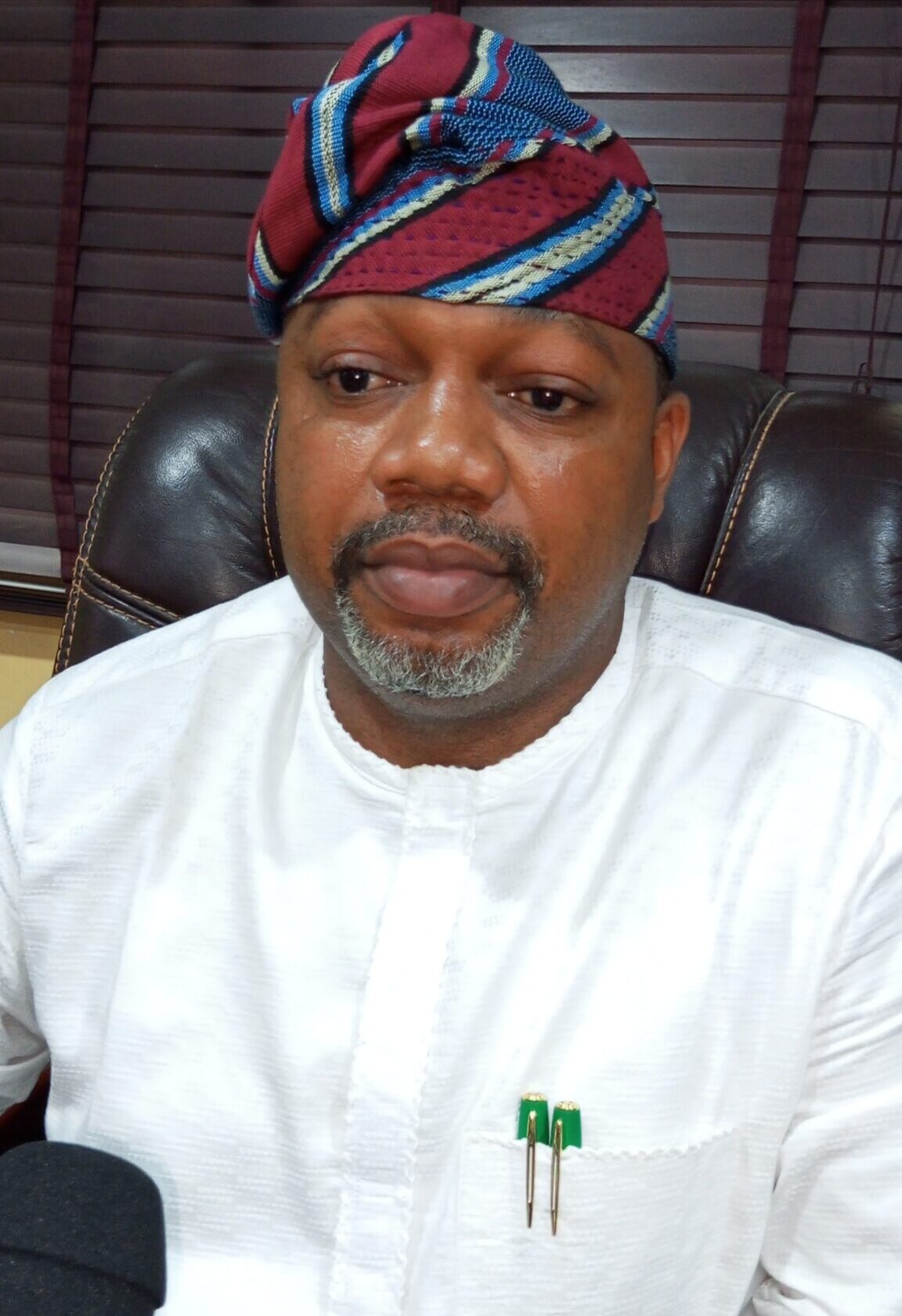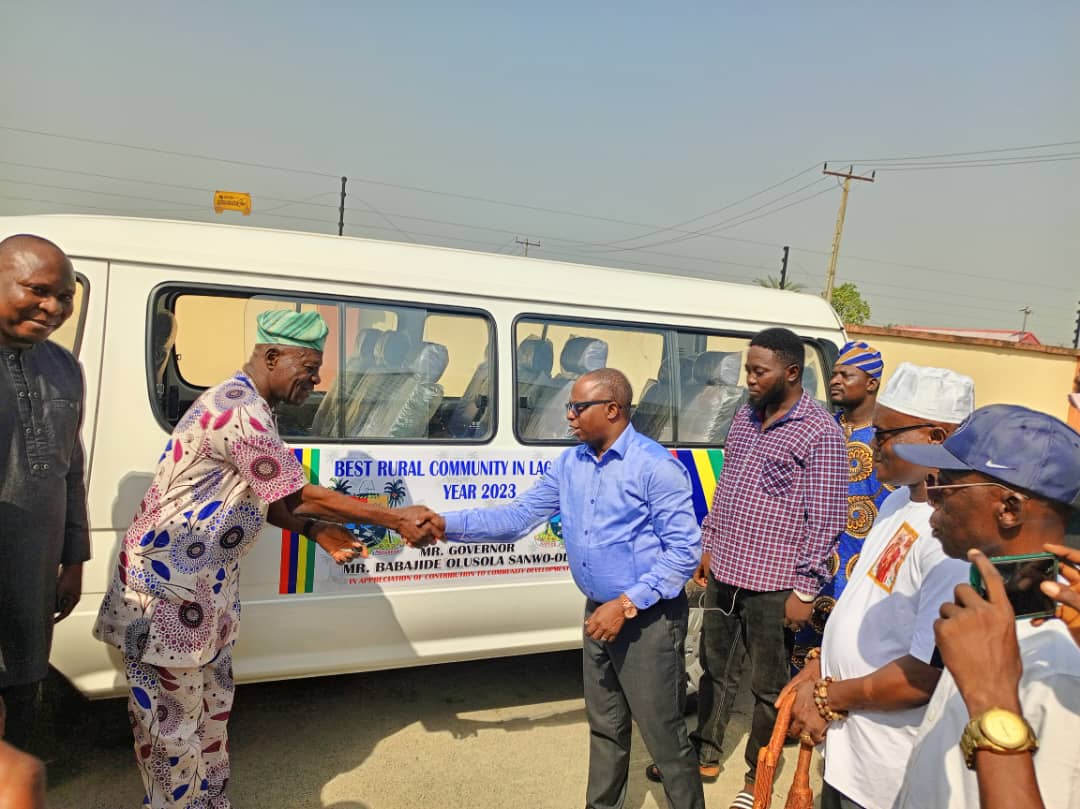In a passionate appeal at the 30th-anniversary celebration and 15th Annual National Conference of the Early Childhood Association of Nigeria (ECAN), held at the Lagos State University of Education, Noforija-Epe Campus, kakalistiq.com reports that Professor Babajide Gboyega Abidogun, the National President of ECAN, called for the establishment of a dedicated Early Childhood Education Commission in Nigeria.
Addressing stakeholders from across the country, Professor Abidogun highlighted the urgent need for a commission that would specifically focus on the unique challenges facing early childhood education.

“When we speak of stakeholders, we’re referring to everyone—parents, teachers, government officials, lecturers, and even the children themselves,” Professor Abidogun explained. “The government, in particular, needs to give more recognition to early childhood education. Right now, we’re merely a part of the State Universal Basic Education Board (SUBEB), which primarily focuses on primary education. We need our own commission, like other educational levels, to ensure a focused approach to early childhood development.”
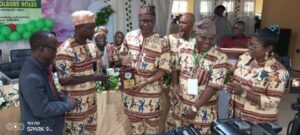
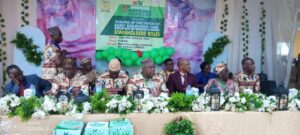
Professor Abidogun emphasized that an Early Childhood Education Commission would help secure much-needed funding and resources. “There must be adequate funding, and our graduates should be integrated into the system to contribute their own quota. Teachers also need to engage in more in-service training and attend workshops like this conference to stay abreast of current dynamics in teaching,” he added.
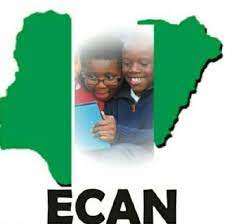

Turning his attention to parents, Professor Abidogun stressed the need for greater awareness and involvement in their children’s early education. “Some parents need orientation; they often send their children to nursery schools without understanding the essence of schooling, thinking it’s just a way to get them out of the house,” he remarked. “Parents must realize that education begins at home. What a child learns from home is what they will manifest at school. Every stakeholder has a role to play, and we must all be actively involved to elevate the standards of early childhood education in Nigeria.”

He also provided a detailed definition of early childhood education, emphasizing its foundational importance. “According to the National Policy of Education (NPE), primary education is for children aged six to eleven and above, but early childhood education begins much earlier—from the womb, at age zero, until age five,” he stated. “Another perspective, from the North American Youth Congress (NAYC), extends early childhood education to age eight, which overlaps with lower primary education. However, we primarily consider it to cover ages zero to five.”

Reflecting on the progress made under his leadership, Professor Abidogun expressed his pride in the association’s achievements. “It’s been a great effort, and I thank God that this milestone is happening during my tenure as National President. This is the first time we’re celebrating in such a grand manner, especially on the 30th anniversary of our association. It’s truly a joy to be at the helm at such a momentous time,” he concluded.
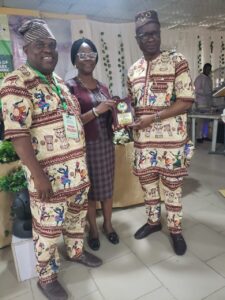
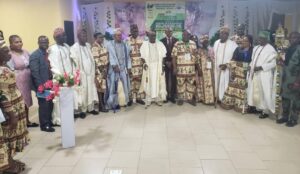
The conference, themed “Scaling Up the Status of Early Childhood Education in Nigeria: The Stakeholders’ Role,” provided a platform for diverse discussions on the future of early childhood education, drawing attention to the critical need for a dedicated focus on the formative years of a child’s development.

